Interdependence in difficult times
This presentation was delivered in Malta at the Western Mediterranean Forum, commonly referred to as 5+5 Dialogue, was officially launched in Rome in
- Publishing date
- 10 April 2017
- Authors
- Uri Dadush
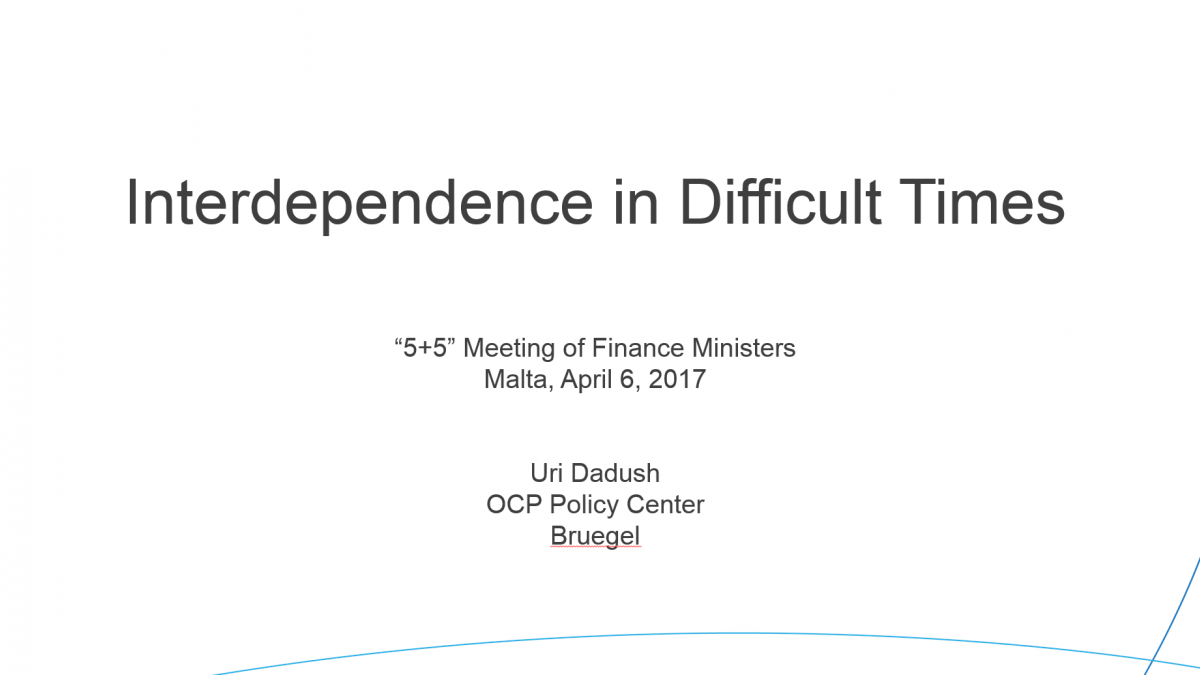
About the authors
-
Uri Dadush
Uri Dadush is a Non-resident fellow at Bruegel, based in Washington DC, and a Research Professor at the School of Public Policy at the University of Maryland where he teaches courses on trade policy and on macroeconomic analysis and policy. He is also a Non-Resident Fellow at the Policy Center for the New South in Rabat, Morocco and Principal of Economic Policy International LLC, providing consulting services to international organizations. He was a co-chair of the Trade, Investment and Globalization Task-Force of the T20 and Vice-Chair of the Global Agenda Council on Trade and Investment at the World Economic Forum.
He was previously Director of the International Economics Program at the Carnegie Endowment for International Peace. Prior to that he was Director of International Trade, Director of Economic Policy, and Director of the Development Prospects Group at the World Bank. Based previously in London, Brussels and Milan, he spent 15 years in the private sector, where he was President of the Economist Intelligence Unit, Group Vice President of Data Resources Inc., and a consultant with McKinsey and Co.
His books include: Trade Preferences, Foreign Aid and Self-Interest; Trade Policy in Morocco: Taking Stock and Looking Forward (with Pierre Sauve' , co-editor); WTO Accessions and Trade Multilateralism (with Chiedu Osakwe, co-editor); Juggernaut: How Emerging Markets Are Transforming Globalization (with William Shaw); Inequality in America (with Kemal Dervis and others); Currency Wars (with Vera Eidelman, co-editor); and Paradigm Lost: The Euro in Crisis. He is presently working on a book on the crisis in the world trading system.
His columns have appeared in the Financial Times, the Wall Street Journal, Foreign Affairs, Foreign Policy, Il Sole 24 Ore, Le Monde, Liberation, L’Espresso and El Pais.
He has a BA and MA in Economics from Hebrew University of Jerusalem and a PhD in Business Economics from Harvard University.
- Language
- English
Related content
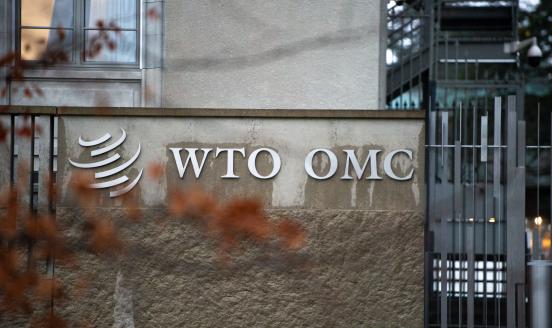
The problem with preferential trade agreements
Preferential agreements can be an alternative to a sclerotic WTO, but, if multilateral rules fail, they also risk conflict between trading blocs
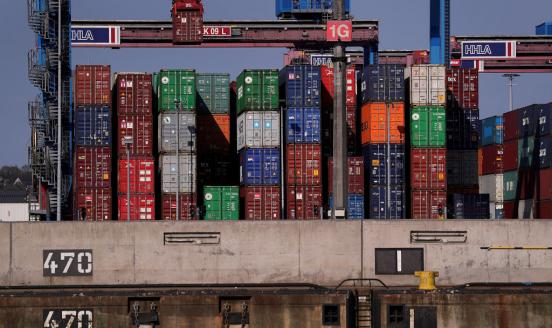
Deglobalisation and Protectionism
This paper presents a data-driven examination of whether deglobalisation has happened and whether protectionism was the cause.
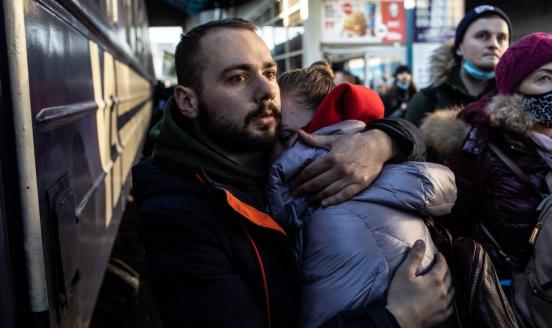
Will Ukraine’s refugees go home?
The way to help Ukraine will be to assist in reconstruction and not place artificial impediments to immigration of those who have already suffered.
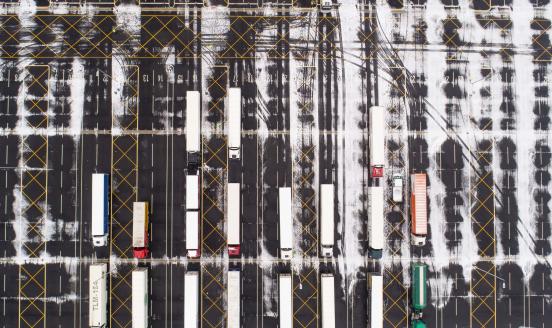
The future of global value chains and the role of the WTO
What is the future of GVCs?